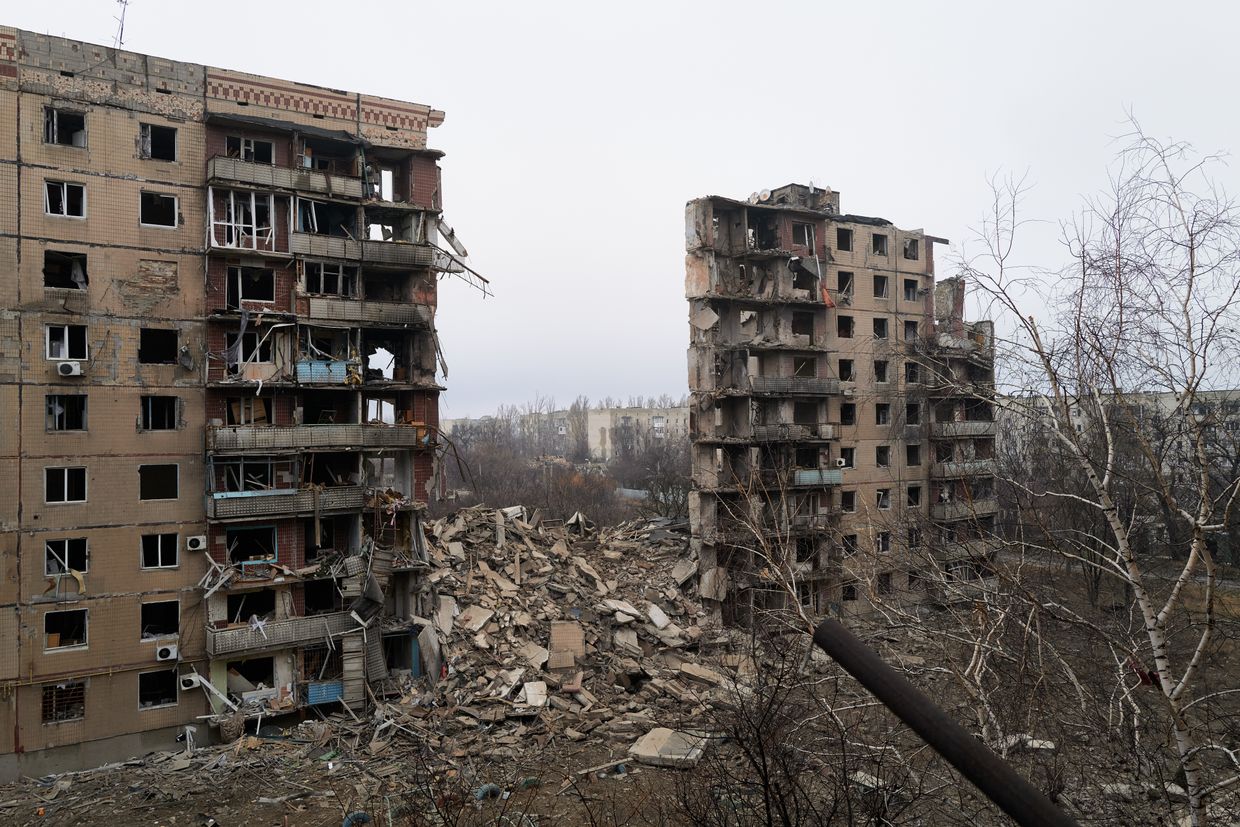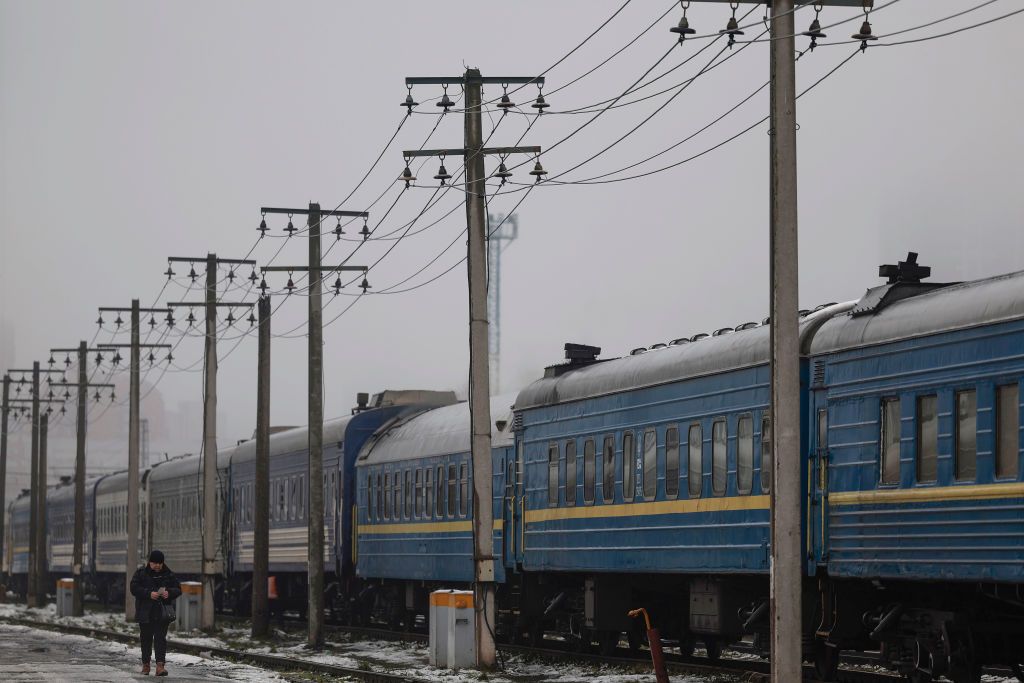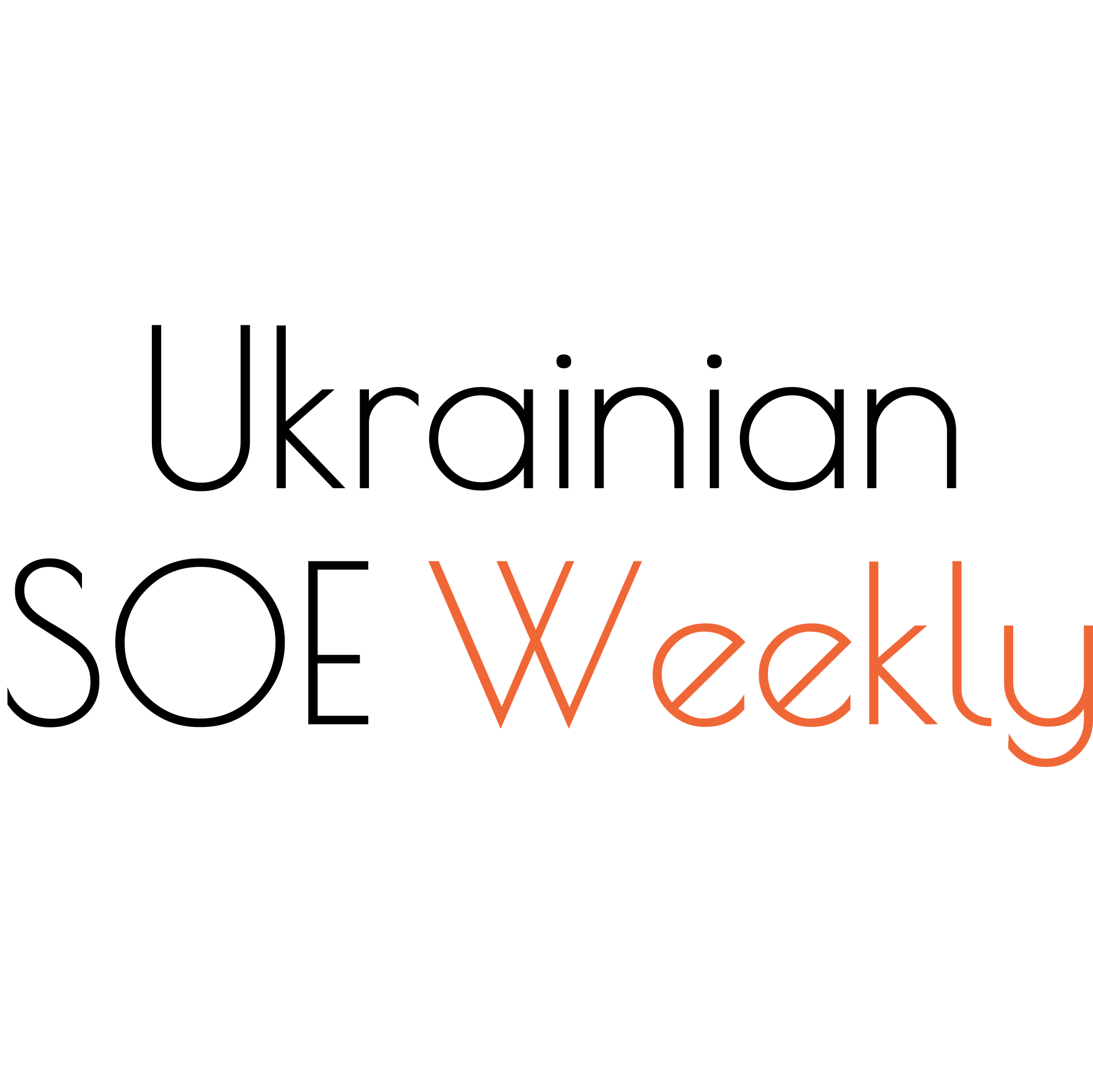Editor’s Note: This is issue 128 of Ukrainian State-Owned Enterprises Weekly, covering events from April 13-19, 2024. The Kyiv Independent is reposting it with permission.
Banks
Oschadbank earns a record Hr 6 billion profit in 2023 (audited). On April 19, Oschadbank reported that its executive and supervisory boards approved the 2023 audited financial statements.
The net profit of almost Hr 6 billion ($151 million) is the highest in its history; Hr 1.2 billion ($30.2 million) more than the preliminary net profit for 2023.
Oschadbank on Feb. 5 reported an unaudited net profit of Hr 4.75 billion ($119 million) in 2023.
Oschadbank’s net profit in January-March 2024 was as high as Hr 4.9 billion ($123 million), up by Hr 2.3 billion, or 91%, compared to the same period in 2023. This was largely due to operating income, which increased by Hr 900 million ($22 million), or 14%, as well as a positive revaluation of index-linked domestic government bonds by Hr 1.2 billion ($30.2 million), Oschadbank explained.
As we wrote in Issue 118, in February, the Cabinet of Ministers set the minimal dividend pay-out ratio for state-owned enterprises (SOEs) and state-owned banks at 80% with some major exceptions. Oschadbank would pay 30% of its 2023 net profit in dividends, the same pay-out ratio as in 2022. – see SOE Weekly’s Issue 85.
As we wrote in Issue 121, Oschadbank paid the state the first half of the 2023 dividends, Hr 700 million ($17.6 million).

Energy sector
Naftogaz Group pays 465 million euros in taxes for Q1 2024. On April 16, the Naftogaz Group reported that it paid Hr 19.7 billion ($495 million) in taxes for January-March 2024. The state budget got Hr 18.2 billion ($457 million) and local budgets got Hr 1.5 billion ($37.7 million).
In March 2024 alone, the group paid Hr 8.3 billion ($208 million) in taxes.
Naftogaz paid Hr 6.1 billion ($153 million) in taxes to state and local budgets for January 2024 (see Issue 119), and Hr 5.3 billion ($133 million) for February 2024 (see Issue 123).
The amount Naftogaz paid to the state budget in Q1 2024 constitutes 6% of Ukraine’s total tax revenues in that period, the company added.
As we reported in Issue 115, Naftogaz Group paid Hr 83.4 billion ($2.1 billion) in taxes to the state budget and another Hr 6.8 billion ($171 million) to local budgets in 2023.
Ukrenergo receives nearly 1 million euros ($1.1 million) worth of energy equipment from German partners. On Aprl 18, Ukrenergo reported that it received over 800,000 euros worth of cables, automatic circuit breakers, and other equipment from the German-Ukrainian Energy Partnership.
This equipment will be used to rebuild the energy infrastructure damaged by Russian strikes. Since the beginning of the full-scale war, Ukrenergo received over 3 million euros ($3.2 million) worth of equipment from the German-Ukrainian Energy Partnership.
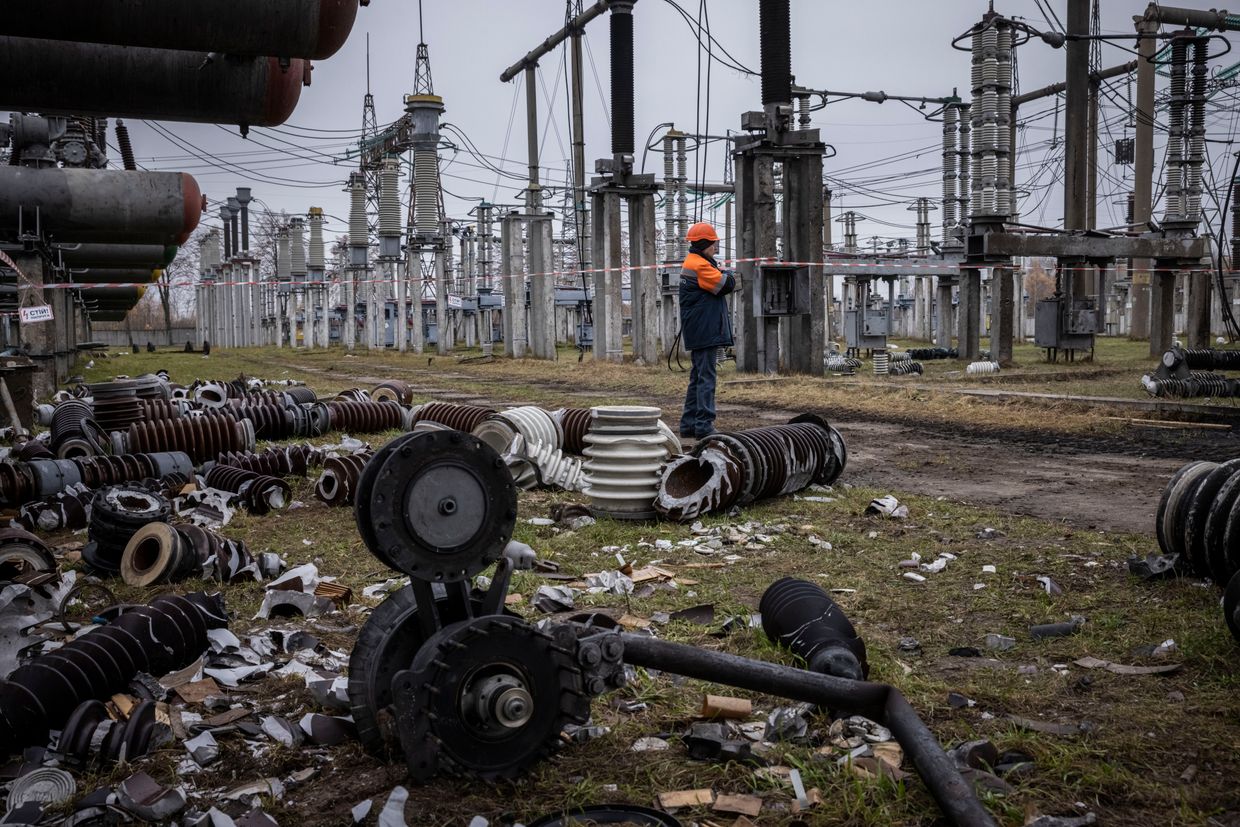
As we reported earlier, Ukraine faced the largest Russian missile and drone attack on its energy facilities on March 22. See Issue 124 for more detail. A week later, Ukrenergo faced yet another Russian missile and drone attack. See more in Issue 125.
Russia struck Ukraine’s energy infrastructure again on April 11, damaging Ukrenergo’s substations and generation facilities in Odesa, Kharkiv, Zaporizhzhia, Lviv, and Kyiv oblasts. See Issue 127 for detail.
Infrastructure
Ukrzaliznytsia’s civilian infrastructure in and around Dnipro was attacked by Russia, the company reported on April 19. One employee was killed and seven others were injured.
Later that day, the Dnipro railway station resumed operations, the company said.
Privatization
The state budget received Hr 650 million ($16 million) from privatization in Q1 2024, the State Property Fund of Ukraine (SPFU) reported on April 18.
Another Hr 208 million ($5.2 million) came from leases in January-March 2024. The area of newly leased property was 196,000 square meters. Regional branches in Lviv, Zakarpattia, Volyn, Poltava and Sumy oblasts are the leaders in terms of area leased out, SPFU said.
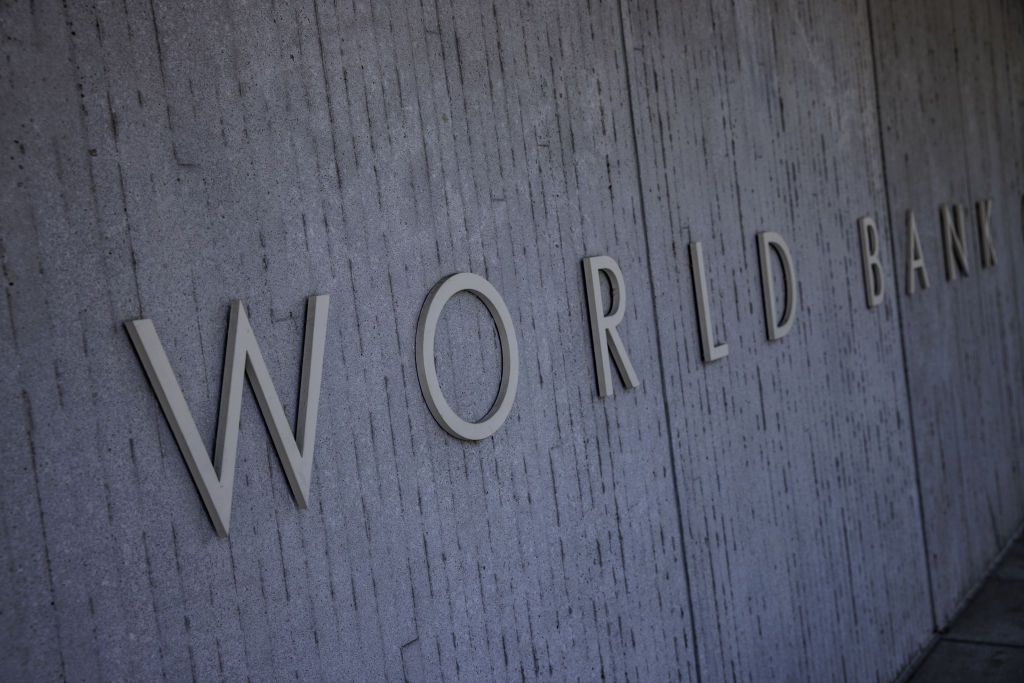
As we wrote in Issue 114, the 2024 annual revenue from privatization is projected to be Hr 4 billion ($100 million). This amount would represent 0.23% – that is, less than half per cent – of the total state budget revenues planned for 2024. The fund plans to sell 1,000 assets this year.
As we also reported in Issue 114, SPFU failed in its Hr 6 billion ($150 million) plan for privatization revenues for 2023. Only small-scale privatization auctions were held in 2023, and no large-scale privatization deals were made.
Confiscation of Russian assets, nationalization, and asset seizure
HACC confiscates former Motor Sich president’s assets (other than his ownership stake); Ukraine may be getting a seventh state-owned bank. On April 18, the High Anti-Corruption Court of Ukraine (HACC) signed off on the sanctions and asset seizures the Justice Ministry had requested for Vyacheslav Bohuslayev – the former president of Ukraine’s leading aircraft engine manufacturer, Motor Sich.
According to the Prosecutor General’s Office (PGO), the following assets were seized:
- almost Hr 600 million (around $15 million);
- 11 real estate units, including five plots of land;
- shares in 11 companies with a sum capital of Hr 367.3 million ($9.2 million), including Motor Bank; and
- other assets.
Note that this implies that there will be another state-owned bank in Ukraine, bringing the total number to seven.
According to Inna Bogatykh, head of the ministry’s Sanctions Policy Department, the ruling also applies to Petr Kononenko, CEO of the Russian company Borisfen.
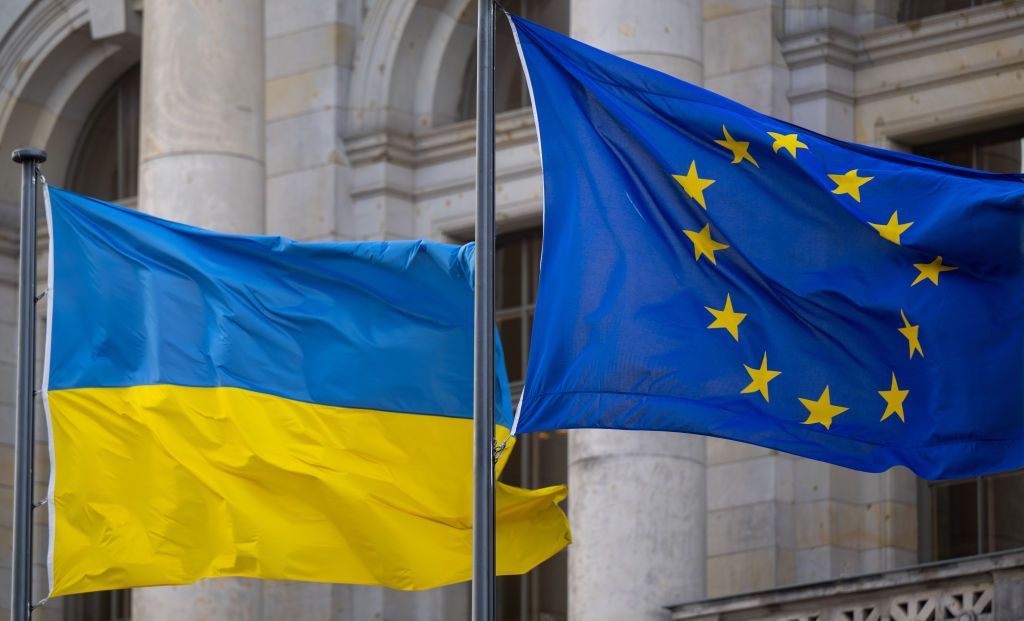
Note that Bohuslayev’s most important assets – his shares in Motor Sich itself – do not appear on the list of assets cited by the Justice Ministry or PGO.
As we reported in 2022, the corporate rights of five major companies, including Motor Sich, were seized “for the needs of the state” and given to the Defense Ministry on Nov. 6, 2022.
Notably, the seizures were made under the Law on the Transfer, Forced Alienation, or Seizure of Property under Martial Law or State of Emergency, which obligates the state to return the seized assets to the owners or give them fair compensation. See our Issue 68 for more detail.
At the same time, the Security Service of Ukraine (SBU) had detained Bohuslayev two weeks earlier, in October 2022, on suspicion of collaborating with Russia.
In October 2023, the SBU and PGO indicted Bohuslayev and Oleh Dziuba, former head of Motor Sich’s Foreign Trade Department. The SBU investigation found that the two individuals had been colluding with the Russian corporation Rostec, a major Kremlin-linked producer of weapons for the Russian army. Under Bohuslayev, Motor Sich had been selling aircraft engines to sanctioned Iranian companies.
If Bohuslayev is found guilty of collaborationism with the aggressor state and facilitating a terrorist organisation, his assets can be confiscated by law.
However, it is unclear from a legal perspective what happens to his Motor Sich shares, which must be returned to him under the Law “On the Transfer, Forced Alienation, or Seizure of Property under Martial Law or State of Emergency," and whether the state is able to confiscate assets that were previously seized for the needs of the state.
On April 1, President Volodymyr Zelensky enacted sanctions against Bohuslayev and some Russian citizens.
In May 2023, Bohuslayev’s lawyer Ruslan Volynets said his client had asked to be put on a list for prisoner exchange with Russia due to his poor health and the lack of other options for release.
In February 2024, a district court in Kyiv extended Bohuslayev’s custody without the right to bail until April 18. On April 17, this pre-trial measure was extended until June 10.
Ukrainian SOE Weekly is an independent weekly digest based on a compilation of the most important news related to state-owned enterprises (SOEs) and state-owned banks in Ukraine. The contents of this publication are the sole responsibility of the editorial team of the Ukrainian SOE Weekly. The SOE Weekly is produced and financed by Andriy Boytsun. Communications support is provided and financed by CFC Big Ideas. The SOE Weekly is not financed or influenced by any external party. Editorial team: Andriy Boytsun, Oleksiy Pavlysh, Dmytro Yablonovskyi, Oleksandr Lysenko, and Mariia Kramar.
